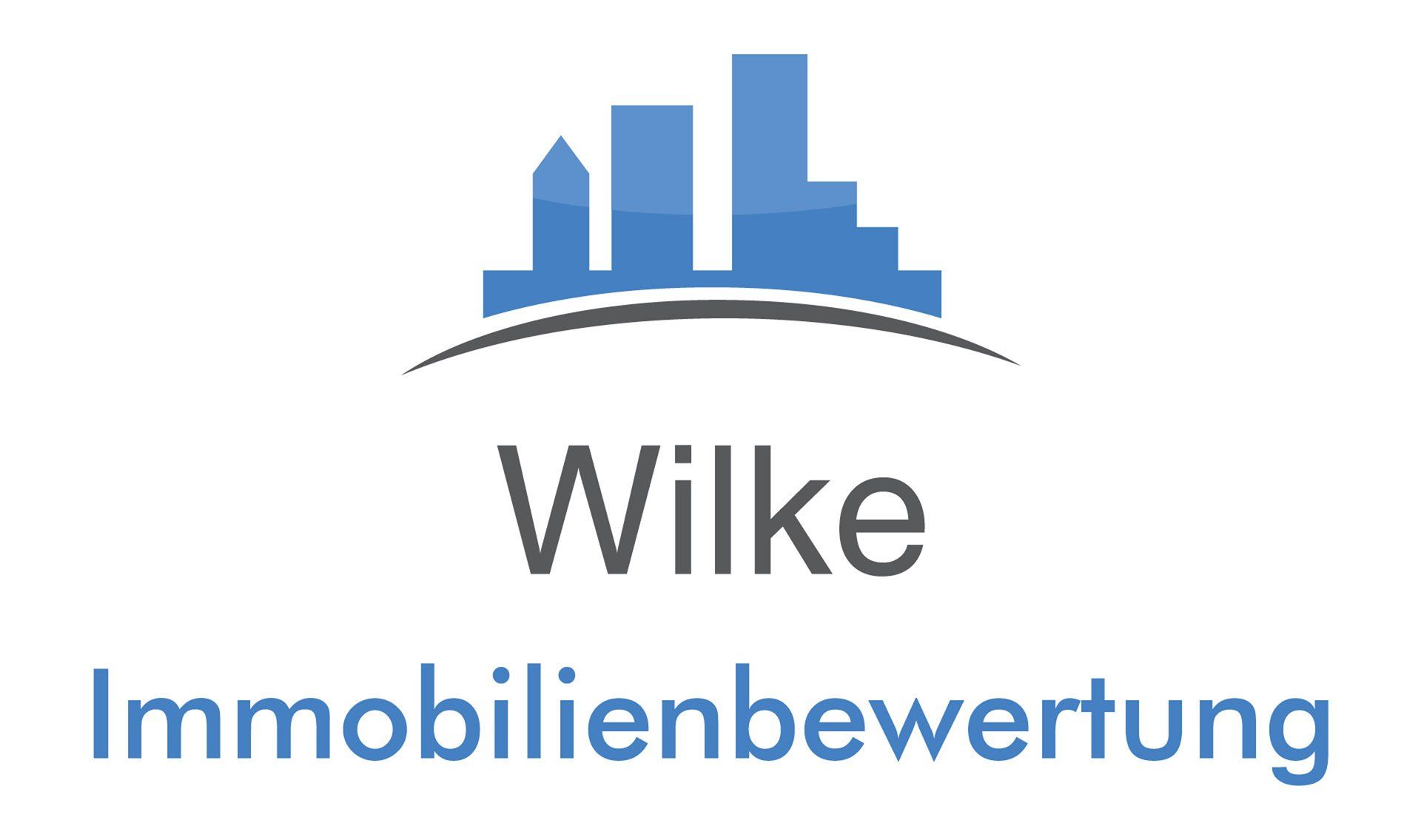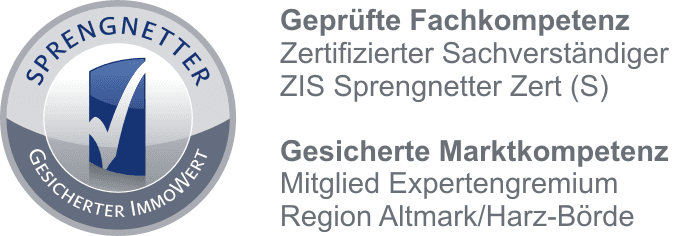Certification DIN EN ISO/IEC 17024
As an internationally recognized quality assurance system, certification is increasingly gaining ground over purely national qualifications (comparable to the development from the German graduate engineer to the international bachelor's and master's degrees). International and institutional clients in particular rely almost exclusively on certified experts (in particular real estate credit institutions such as banks, building societies, life insurance companies, but also real estate companies and real estate funds).
The preferential treatment of publicly appointed and sworn experts in laws and regulations is a thing of the past. In view of the European Services Directive, such preferential treatment cannot be enforced in the long term. Many laws and regulations have therefore already abandoned this.
Clients want to know, if possible, from an independent and competent source whether the people they have commissioned are qualified and whether the services they provide meet their quality requirements. This also applies to property valuation experts and their reports, which are to be prepared, for example, in divorce cases, inheritance disputes, when a loan is to be granted or simply for the purpose of an overview of assets. Many processes that are important to the livelihood of those affected are based on these expert reports (e.g. purchases, court decisions, etc.). A property valuation expert is expected to provide an "estimate" that is as reliable and close to the market as possible. For a long time, this was mainly guaranteed in Germany by the institution of the "publicly appointed and sworn expert" (öbuv SV). In the context of Europe-wide trends towards denationalization and deregulation, this specifically German system of appointment by semi-public chambers (such as the Chambers of Industry and Commerce) was not able to prevail in Europe. In 2009, the EU Services Directive and the Professional Qualifications Directive were implemented into national law. There are indications that this puts the entire public appointment system in Germany at risk.
The only alternative is certification, which has been introduced in Germany for over 10 years. The increasing globalization of markets ultimately makes the creation of internationally recognized regulations necessary. The international guidelines that have been created in the meantime mean that standards and terms such as "quality assurance" are of considerable importance for German valuation practice. Quality assurance comes from the Anglo-Saxon world, primarily from the USA. There, there are no state-standardized training courses and job titles for many professions (similar to real estate valuation in Germany). The introduction of safety measures is necessary to protect consumers and to avoid damage and, as a result, expensive compensation claims. As a result of changing customer expectations regarding the quality of the products they buy or the service providers they commission, private certification bodies for experts have been set up on the basis of international standards. The certification bodies must meet a series of requirements that are laid down in these standards and ensure consistent control of the quality of their work on a permanent basis through a documented quality management system. An essential element of quality assurance is the now globally recognized system of regular assessment and monitoring of the certification body as well as the regular monitoring of the competence of the certified persons.





